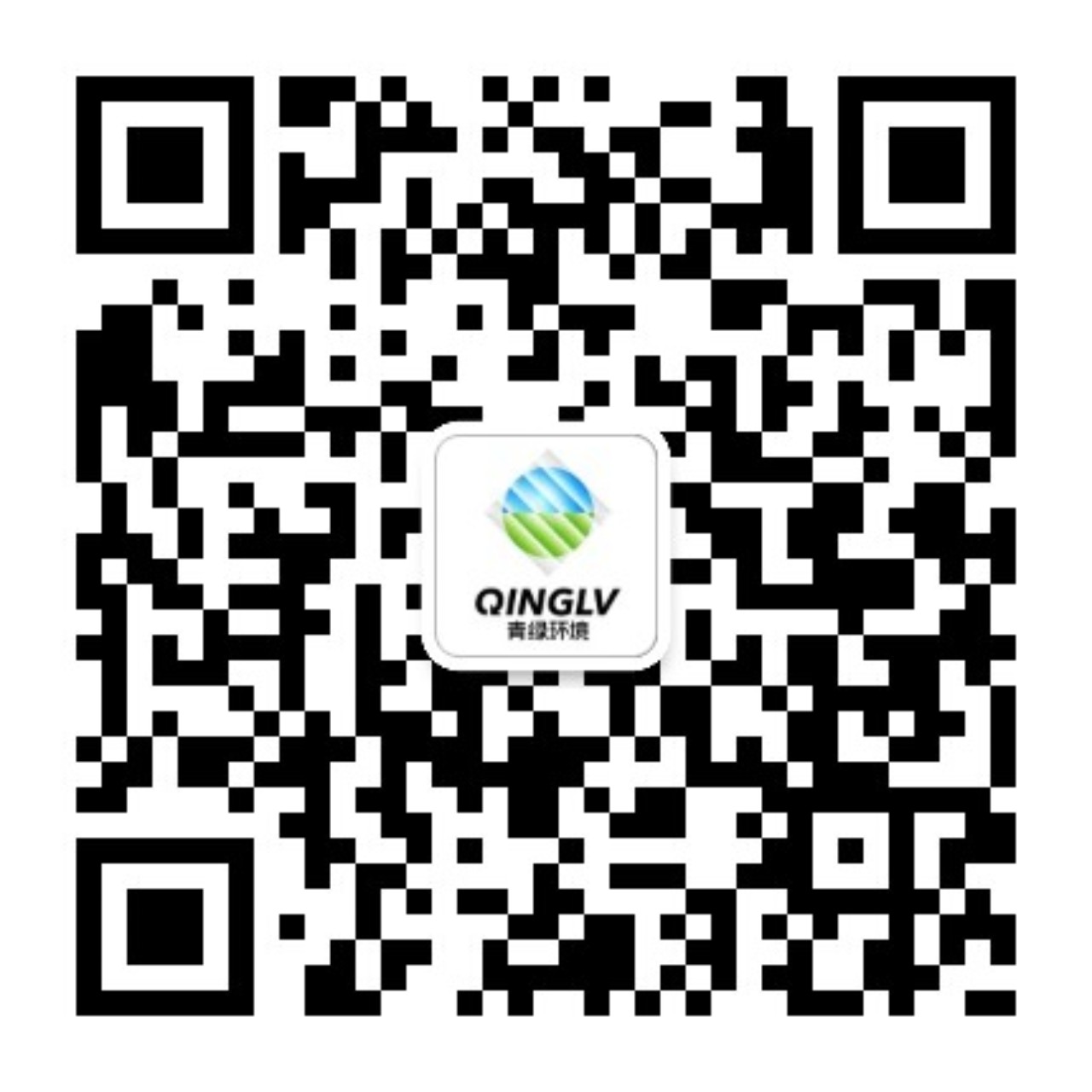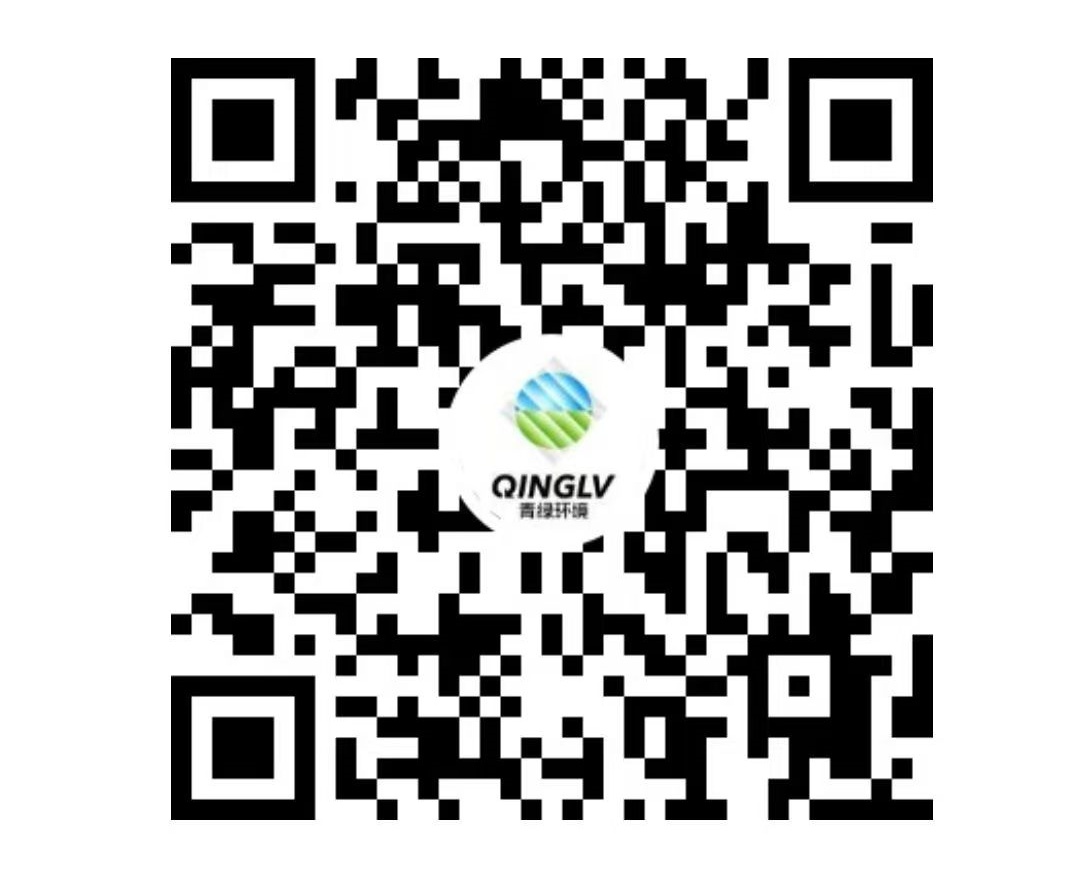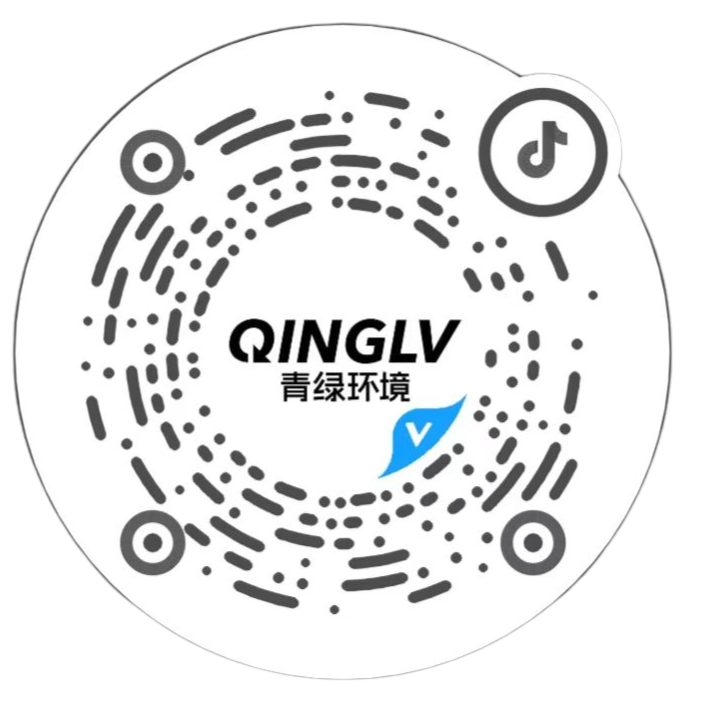 Time:2024-12-13
Time:2024-12-13
 Source:QINGLV
Source:QINGLV
As urbanisation continues to accelerate, domestic waste disposal is facing unprecedented challenges globally. Especially in developing countries, waste disposal methods often rely on landfills and incineration, which not only take up land resources but also cause serious pollution to the environment. As one of the major economies in Southeast Asia, the current situation of mixed domestic waste disposal in Thailand reflects this common problem and also provides an opportunity for innovative solutions. Garbage-Surrounded City, Current Situation is WorryingAlthough Bangkok is known as one of the world's top tourist destinations, the garbage problem cannot be ignored. According to official Thai data, Thailand generates more than 27 million tons of solid waste each year, and the capital alone generates more than 8,000 tons of urban domestic waste every day.
The reasons for such a large amount of waste are: ● Rapid urbanisation: the growth of the urban population has led to a rapid increase in the generation of domestic waste; ● Changing consumption patterns: modern consumer culture has increased the use of single-use items and packaging materials, especially plastic waste; ● Contribution of tourism: Thailand, as a world-renowned tourist destination, attracts a large number of tourists every year, and the amount of waste during the peak tourist season increases significantly.
To make matters worse, Thailand is also a dumping ground for waste from other countries. Prior to the implementation of import restrictions, Thailand was one of the largest importers of plastic waste in the world. To rectify this problem, the Thai cabinet government decided in 2023 to impose a total ban on plastic waste imports from 2025. Single Technology, Low Efficiency For such a huge amount of waste each year, Thailand's waste treatment methods are relatively simple and outdated. Currently, Thailand relies on landfill, incineration, and resource recovery for waste disposal. According to Thailand's Office of National Environmental Policy and Planning (ONEP) 2023, more than 70 per cent of domestic waste is sent to landfills, with less than 10 per cent being formally recycled. Moreover, many landfills are currently near capacity, leading to increasing environmental problems.
In terms of sorting waste before disposal, Thailand is also currently dominated by manual sorting. Although some large-scale waste treatment plants are equipped with more advanced sorting equipment, there is still a large gap between the level of technology and capacity efficiency and demand. Crude landfilling and inadequate waste sorting seriously affect the reuse of resources and economic efficiency. According to estimates, if waste can be finely sorted, Thailand can reduce the need for 200,000 tonnes of imported plastic waste per year, while generating additional revenue of up to 2.78 billion baht (about $78 million) per year.
Sujitra Vassanadumrongdee, an environmental researcher at Chulalongkorn University, said the government must pay more for equipment and systems to help people sort their trash before it is collected by local authorities. “The city spends nearly 7 billion baht a year on waste transfer and treatment, but revenue from recycling is less than about 50 million baht a year,” she said. Solving the Difficulties, Fine SortingHow to minimise environmental pollution, improve resource utilisation and promote sustainable development in waste treatment? Front-end waste sorting is the most important foundation.
Mixed disposal of unsorted waste will increase the difficulty and cost of incineration and landfilling. Effective waste sorting can, on the one hand, significantly reduce the amount of waste going to landfills and ease the pressure on land resources; on the other hand, recyclable waste (e.g. plastics, paper, metals) can enter the recycling industry chain and become renewable resources after sorting, and organic waste can also be used for composting or anaerobic fermentation to produce bioenergy after sorting. Qinglv Solutions Integrated ServicesThe Thai government has begun to improve solid waste disposal through legislation, increased investment in infrastructure investment, and the introduction of advanced technology partners. For example, it has launched the National Waste Management Strategy 2018-2037, which aims to reduce landfills and increase resource recycling rates; improve the accuracy of solid waste sorting through intelligent technology, and develop more efficient and environmentally friendly solid waste resourcing technologies.
As a leader in the field of solid waste and refuse sorting, Qinglv Environment is gradually entering the Thai market. With 15 years of experience in solid waste sorting and resource processing projects, Qinglv can better adapt to the characteristics of Southeast Asia's waste and processing needs in terms of equipment features and project experience: for example, for the high water content of waste, Qinglv's astrolabe sieve and chiton sieve are able to efficiently sieve organic waste through their unique structure and control system design; for the demand for energy saving, Qinglv's sorting line has a higher degree of integration and can achieve high purity results with less equipment and lower energy consumption. For the demand of energy saving, the integration degree of Qinglv Environment's sorting line is higher, which can achieve high purity sorting effect with less equipment and lower energy consumption.
Based on the customised solutions provided by the in-depth understanding of waste composition, classification needs and market environment, Qinglv Environment ensures that the project achieves higher purity of sorted materials and resource yield with lower cost investment.
Whether it is municipal waste, which is the most prominent type of waste in Thailand, or other types of waste such as construction and renovation waste, recyclable waste, aged waste, industrial solid waste or paper mill waste, Qinglv can provide one-stop turnkey services from project planning to the delivery of the entire plant and line, as well as operation and management. ConclusionFacing the future, Thailand's solid waste treatment has a promising future. Although the circular economy is still in its infancy, Thailand has realised the need to encourage more social enterprises, responsible companies and conscious consumers to join together on the path of sustainable development with the help of appropriate policies and regulations, educational outreach and effective infrastructure development. Qinglv Environment is willing to work together with the Thai government and partners to make Thailand a leader in cleaner nations. |






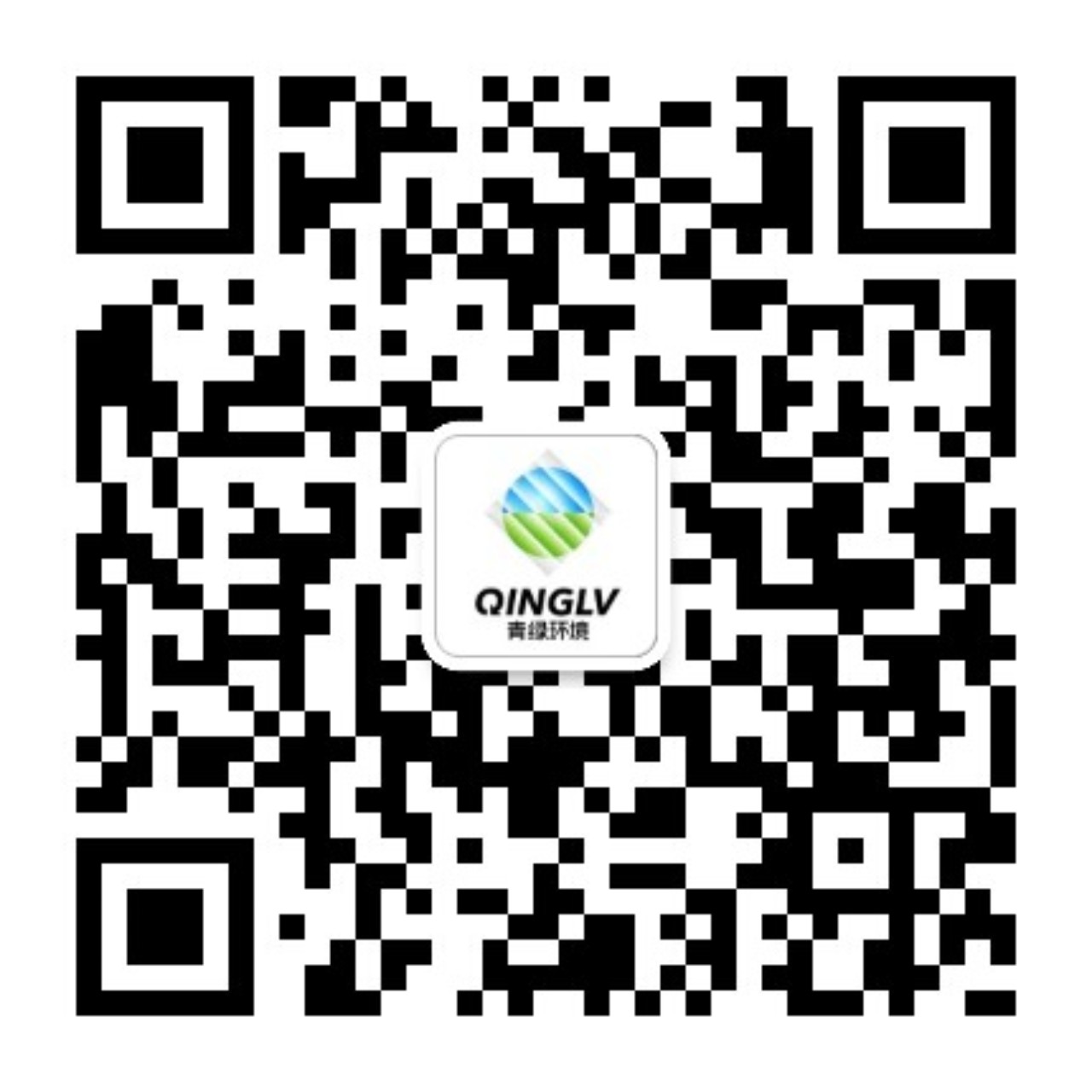
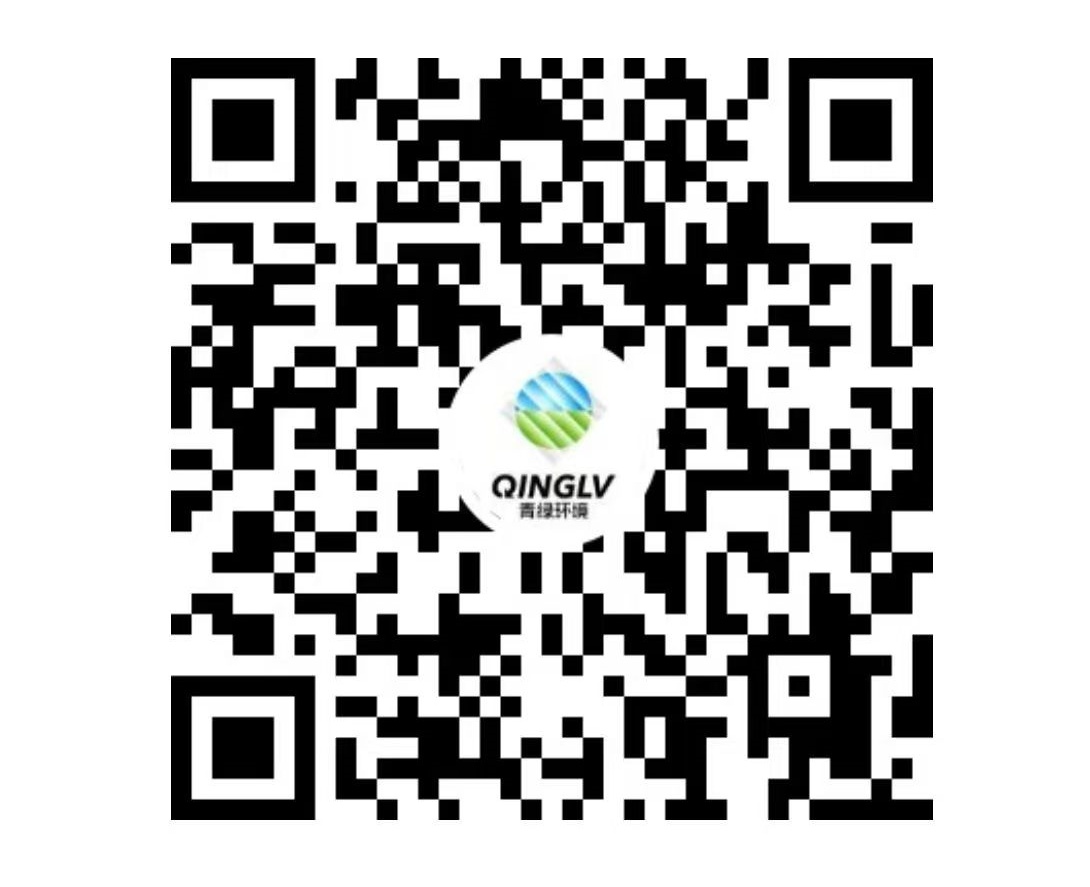
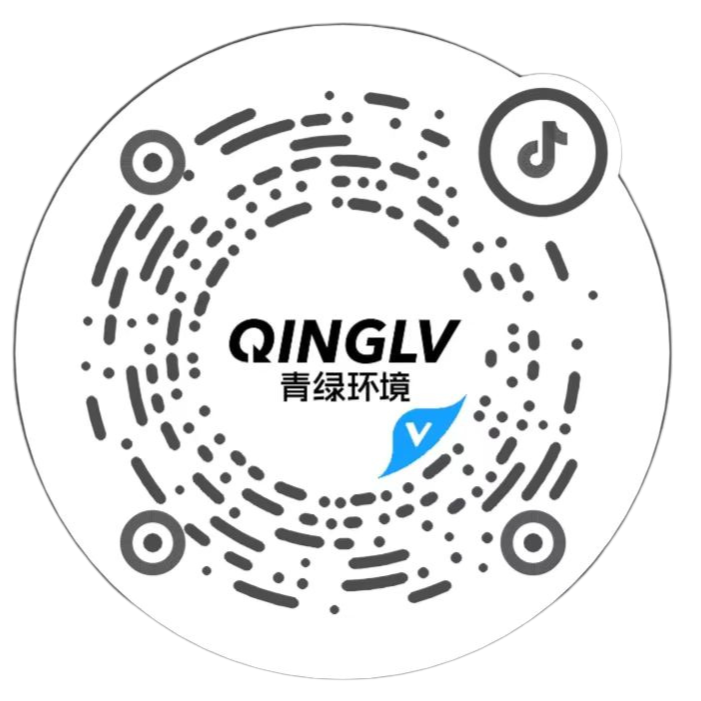




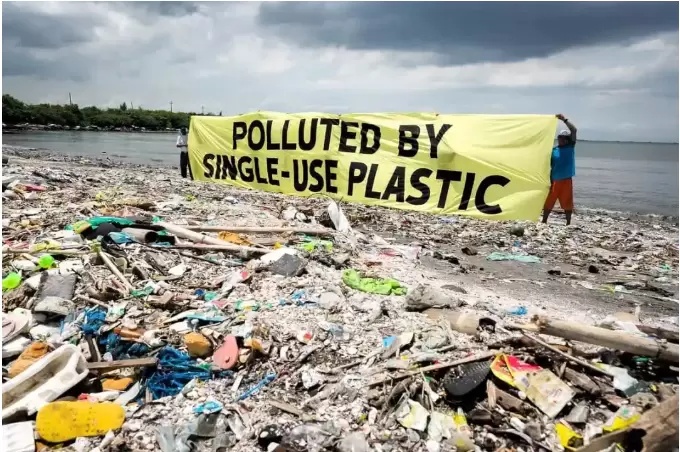
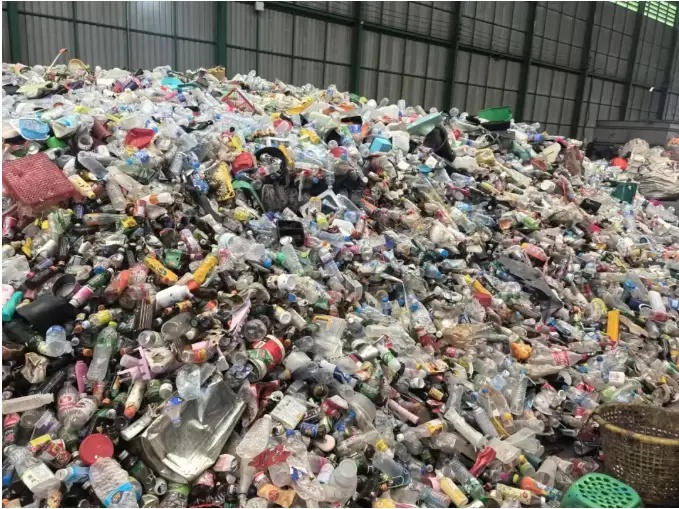
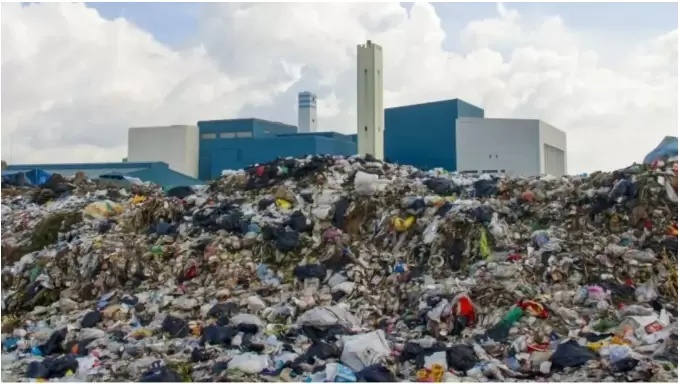
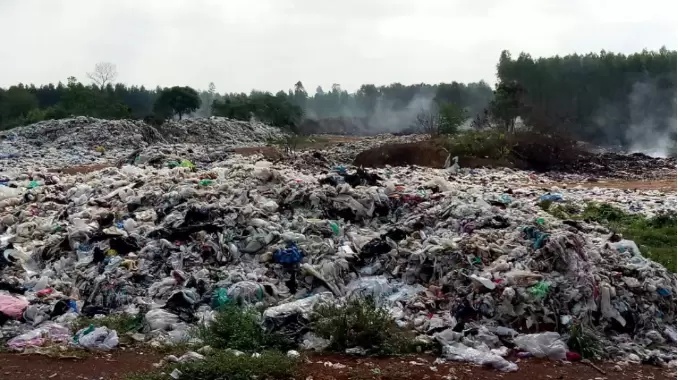
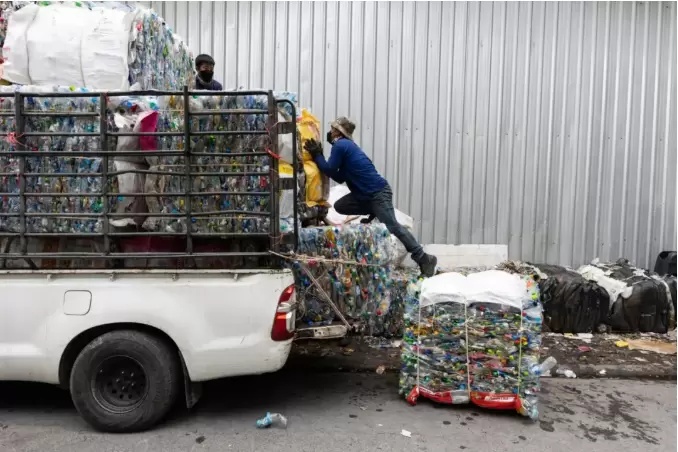
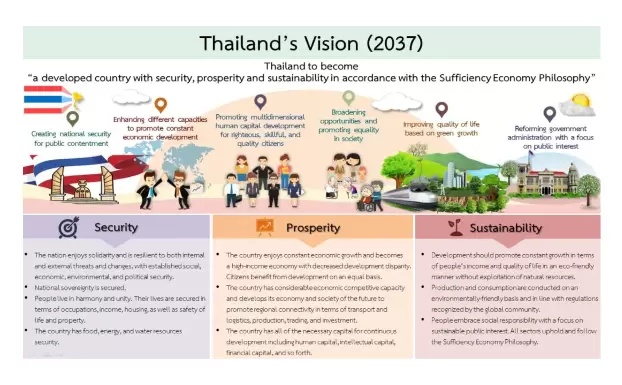
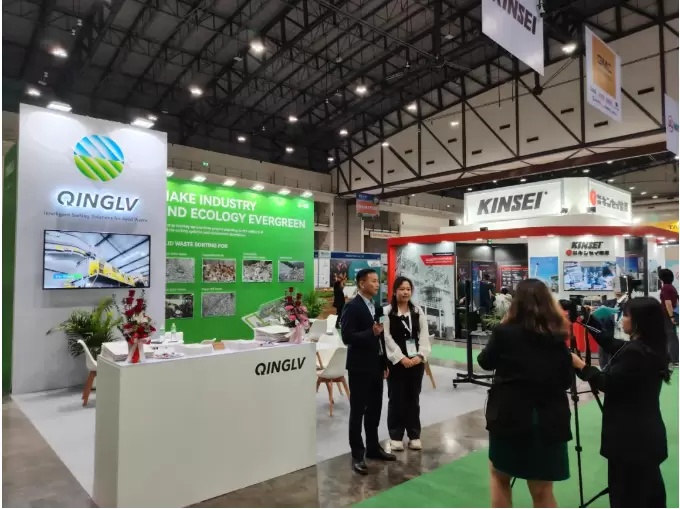
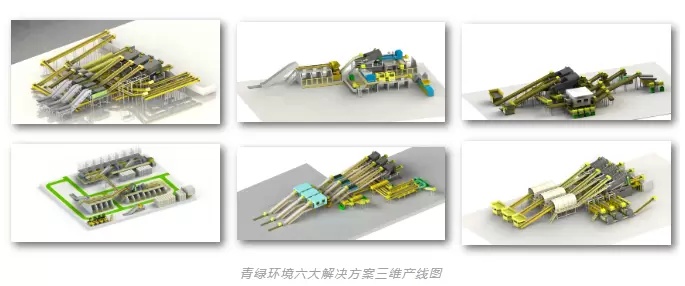
 Prev
Prev

